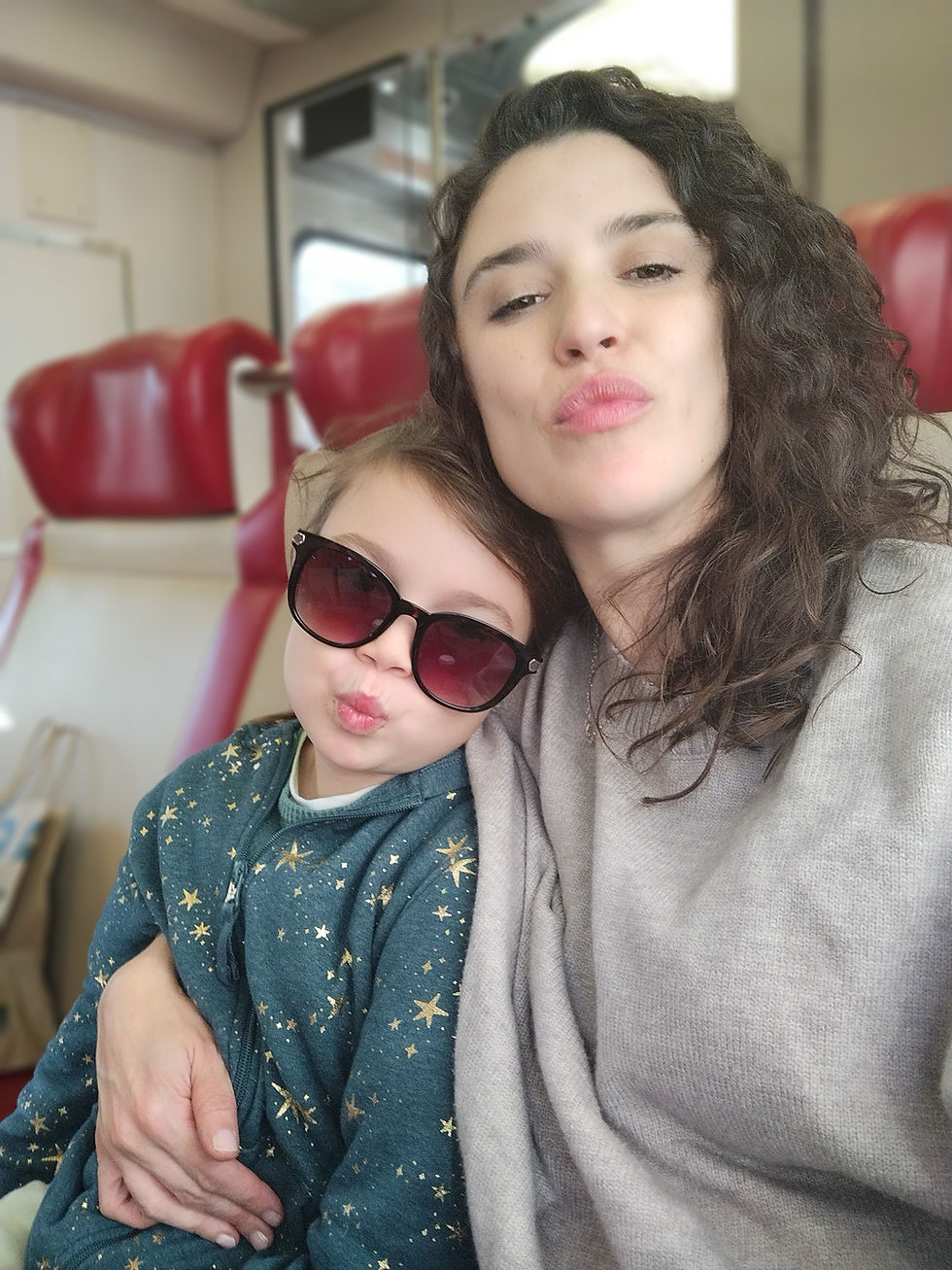Self-Compassion: What is it? & Where can I get some more?
- Angelina Rao
- Jun 30, 2023
- 3 min read
Over the past year, I’ve noticed my daughter becoming very upset if I point out something to her that needs correction or intervention. She becomes upset and defensive. It appears construction criticism is difficult for her to hear because she works very hard at being her very best (Same). I reminded her that it is ok not to know everything and gave her the reassuring words “you’re learning”.
Today, while playing tennis and noticed how frustrated I was becoming at not performing to the level I was, prior to sustaining an injury. That injury benched me for nearly half the year and took me out of any cardiovascular activity! In addition, not only has my stamina declined, but my technique, that I worked so vigorously at last summer, was gone. A total mess on the court (Do you see the harshness right there?).
The truth is that while I consider myself to be a natural born athlete, I haven’t played tennis since Christmas and before that in college where I used the tennis class to fulfill a PE requirement. In an ah ha moment, I saw my 8-year-old little girl in my mind’s eye, defending herself, the exact same thing that I was doing. She was mirroring back to me what I unconsciously do to myself. I thought about this, and it occurred to me “I’m learning”, and I am learning. And learning is hard work (self-compassion is more like constructive defensiveness) When I take this perspective, I immediately lighten up on myself and If I can lighten up on myself, then I could also lighten up on others.
What we are really talking about here is self-compassion. Self-compassion is characterized by an emotional balance which allows one to take a kind and tolerant view toward one’s perceived weaknesses and shortcomings. Self-compassion is said to be more beneficial than self-esteem. With self-compassion a person is more likely to feel protected against their own self-negative thoughts and feelings i.e. "the committee". Self-compassion also reduces the feeling of inadequacy that is sometimes experienced with ambivalent or constructive feedback from others, especially in those who have low self-esteem. Self-compassion is thought to extend into personal relationships, our ability to forgive, to resolve conflicts and improve our overall feelings of connectedness with others. Self-compassion has its way of bringing people closer to each other, creates stability in relationships and increases overall satisfaction in our own lives and in the lives of those whom we care most about. The question is, where can I get some more?
Self-compassion is said to incorporate three main concepts: mindfulness, common humanity, and self-kindness. These writing prompts are suggested to help realize the concepts of self-compassion and bring more of it into every practice (life).
Think of a situation in your mind. List ways in which another person might describe that same situation. For example: Moving. Let’s face it, moving is a major upheaval that can produce stress. In thinking of a way someone else might describe moving one might say: adventure, new, stress, good time to get rid of things, worst I never want to do it again, etc.
Write a letter to yourself as if you were writing to a close friend that is experiencing the same situation as yourself. Example: Dear Angelina, you really put your heart and soul into everything you do. Don’t worry about the lost time, it all comes back once you start playing tennis again. Muscle memory! You got this.
Now describe the event based only on the facts. Example: I went to play tennis today. I used 2 different racquets to play. It was hot and muggy outside. I wanted to drink a lot of water etc.
These exercises are designed to bring about a sense of common humanity, self-kindness and mindfulness and thereby increasing self-compassion and improving almost all aspects of life.
If you want to know more about the positive attributes or effects of self-compassion, leave me a question or comment and I will be sure to get you the answer. Until then, remember life is a journey and “we’re learning”.
All the love and light,
Angelina, RN

References
Lathren, C. (2023). Self-Compassion in Relationships and Caregiving Contexts. In: Finlay-Jones, A., Bluth, K., Neff, K. (eds) Handbook of Self-Compassion. Mindfulness in Behavioral Health. Springer, Cham. https://doi.org/10.1007/978-3-031-22348-8_15
Leary, M. R., Tate, E. B., Adams, C. E., Batts Allen, A., & Hancock, J. (2007). Self-compassion and reactions to unpleasant self-relevant events: The implications of treating oneself kindly. Journal of Personality and Social Psychology, 92(5), 887–904. https://doi.org/10.1037/0022-3514.92.5.887

Comments